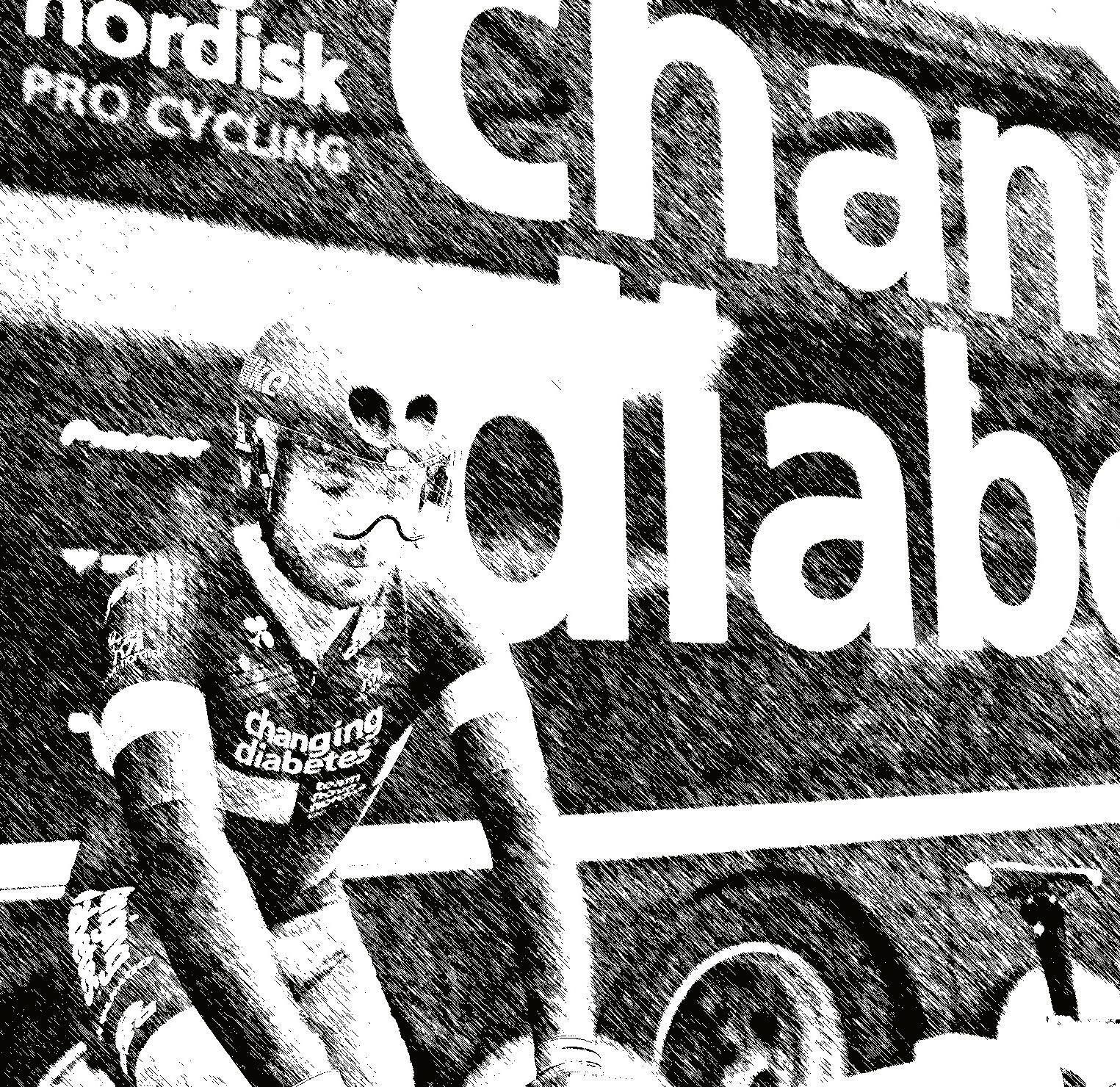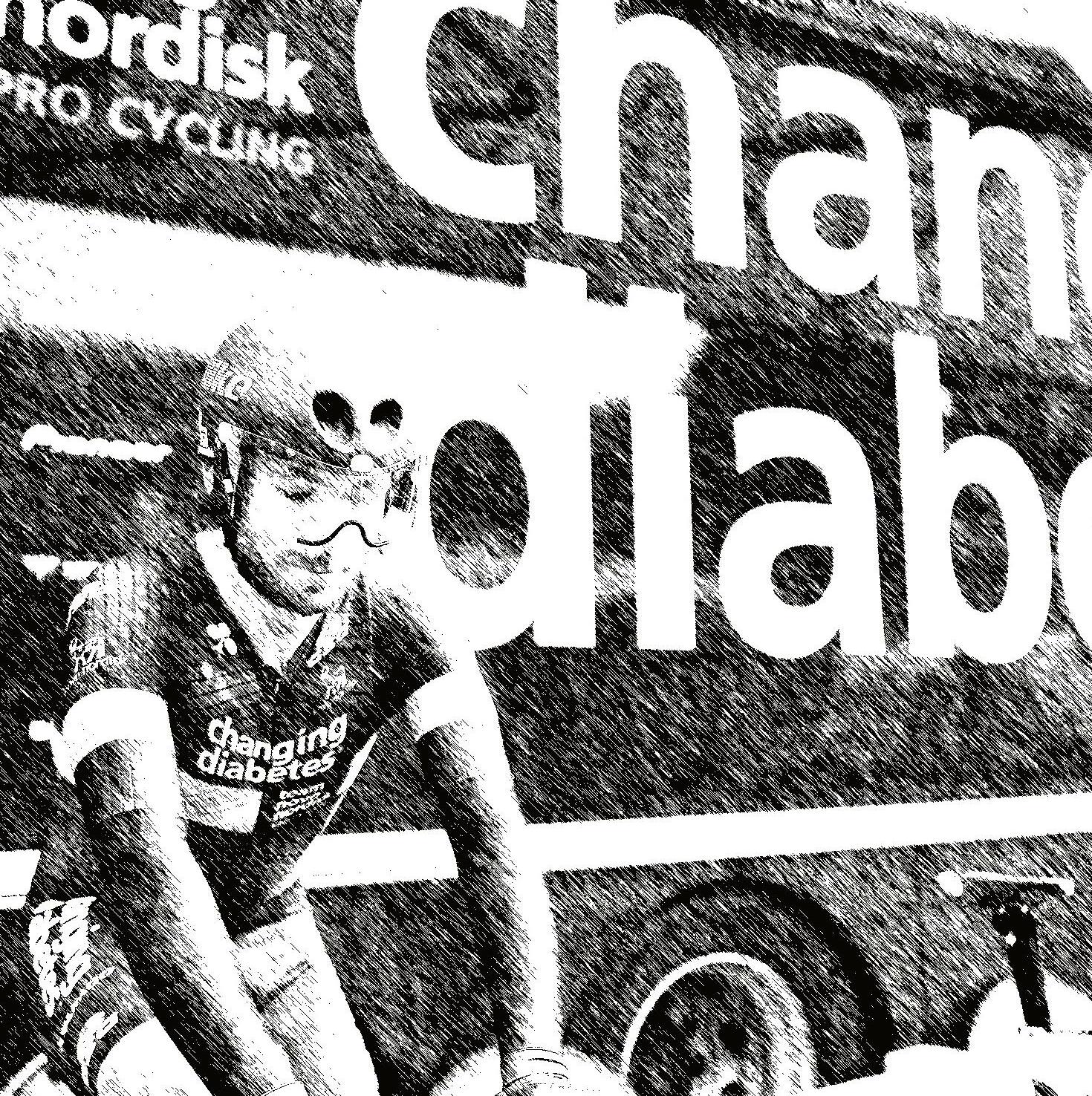
4 minute read
Why breaking away
Breaking away belongs to us in the same way our skin, our personality and our smell belongs to us. We run away from our memories, from a love story, from betrayal, from grief. We run away from the beauty and from bad, we run away because of fear or because of bravery but everyone, at least just once in a lifetime, has tried to escape. When you try to escape you are forced to look back in order not to forget where everything started, to defend yourself from those who try to catch you and to reunite with you. You can even hear their voices “Where are you going? What are you doing? Stay here, stop running away, you will never make it”. These are the voices of those who tried to run away before you, but couldn’t make it, these are the voices of envy, the voices of fear, the fear that someone might make it. The fear that you might make it.
When you feel chased, you have a lot of time to think. You can even feel the sound of your thoughts like steps of someone trying to catch you, to put his hand on your shoulder in order to pull you back and then maybe hug you, like what is usually done for losers. This happens in the ring, when the winner hugs the loser because the hug is not comfort, it’s surrender.
And while you feel chased you are forced to look forward toward your goal, toward what you fled for, toward your dream. Because the escape is this, one look back and one look forward, between ups and downs, between euphoria and discouragement. You will never know if you achieve the feat because the escape never gives you clear answers. The escape is both light and darkness. It is a mystery, uncertainty, doubt and if there isn’t all this, it means it is not a real escape. You already know they will catch you; you already know this is just an attempt.
With escapes you can’t lie. it immediately realizes if you are serious or if you are just kidding. Your escape knows it, others know it, but most importantly you know it. You can even try to lie to yourself when you start to lose strength, slowly but gradually. Here you think “It’s just a moment, now I will recover” but actually you know you have already lost.
But one thing is certain: History has handed down to us some great escapes, but history is made up of the many little getaways of men and women with no name, without a face, sometimes even without hope.
Cycling’s history is rich in great breakaways, all alone or with peloton, breakaways which for their pro-
tagonists have meant glory and great success. But at the Milan-Sanremo is different: here the sprint ahead has some specific boundaries. in this race you sprint ahead at the start and then in six, seven hours, you are a few kilometers from the finish line. It’s a written script, experienced dozens of times: four, five, six cyclists sprint ahead while the rest of the peloton wait. Two different races: in front of the peloton cyclists sprint, struggle, swear. Behind the pack, cyclists keep cycling. And wait.
One might ask themselves “why do It?”
Try ask them, these main characters. They will talk about a unique and indescribable emotion, with the cameras from all over the world pointed at you, pointed on the leading group where every 15, 20 seconds one asks the change to put in the wake teammate, in order to take a breath and drink some water.
Try asking the guys of the Team Novo Nordisk, who cycle to yell to the world that even with diabetes one can do everything. You CAN become a cyclist. You can even win and sprint ahead.
The lead goes up: 5, 8, 10 minutes, it seems an eternity. But actually, in the Milan-Sanremo, it isn’t.
Cyclists arrive to the Colli: Here comes Poggio, here it comes Cipressa and those who are behind start to run faster. They are less tired so they reach you because you are very tired. And from first place you suddenly find yourself in ninetieth, hundredth place. While the pack overtakes you, you hope that among those cyclists there is your teammate, someone who can win in the final sprint, someone for whom it was worth sacrificing. Someone who can give meaning to your breakaway.
When you cross the finish line everything will end. They have probably already done the award ceremony and no one has thought of you while you struggled with the sole aim to get to the end of the race. Now is the moment to celebrate the winners, not the cyclists who sprinted ahead.
And when you are exhausted and motionless, taking a hot shower without the strength to soap yourself, when your legs hurt because of cramps, fatigue, tension, when you realize that you haven’t accomplished anything, when you regret to have fooled yourself once again, just like a child..In that moment you will ask yourself if it was worth it. And you will tell yourself it’s been the best seven hours of your life.


I don’t want to say that every person with diabetes should become an agonist because it is true that any type of physical activity is useful, indeed indispensable, during any therapy. But it’s clear that the media interest which this team is able to attract, “ all over the world, is very important. It became a reference point for all of the associations and for all of us. .
Marcello Grussu President of National Diabetic Athletes Association










